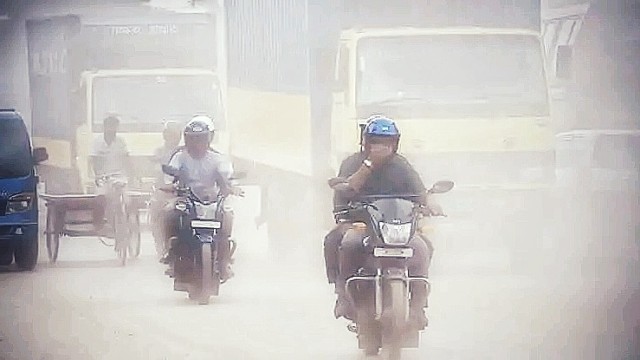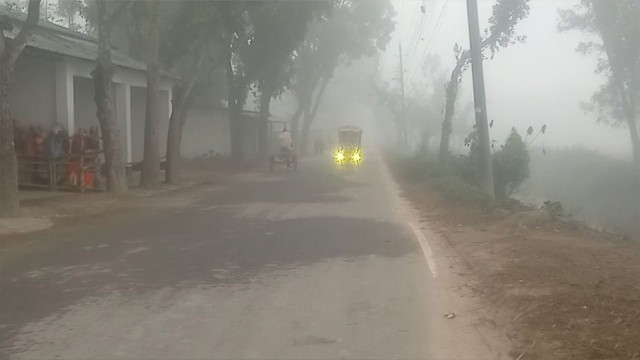Every year, Dhaka holds the distinction of being the city with the most polluted air; during the winter, air pollution reaches a limit with AQI score of 269, which is when it peaks. This worrying scenario is consistent with the worrisome number released by the World Health Organization, which states that air pollution causes seven million deaths worldwide annually.
This morning at 8:55 am on January 30, 2024, Dhaka ranked as the city with the worst global air quality, recording an AQI score of 269. According to the air quality index, Dhaka's air was deemed 'extremely harmful,' posing significant risks to residents' well-being.
The capitals of Ghana, Uganda, and a city in India secured the second, third, and fourth positions with AQI scores of 209, 189, and 188, respectively.
When the AQI falls between 101 and 150, the air is labeled 'not good for individuals with sensitivity to pollution,' while a range of 150 to 200 is considered 'not good' for everyone. A reading of 201 to 300 is described as 'very not good' for all, and 301 or higher is deemed 'dangerous,' presenting severe health risks.
The AQI is a crucial measure providing daily insight into a city's air quality, indicating potential health issues. In Bangladesh, the AQI relies on five pollutants: PM10, PM2.5, nitrogen dioxide, carbon monoxide, sulfur dioxide, and ozone. Dhaka has long grappled with air pollution, worsening in winter and improving during the rainy season.
Every year, the World Health Organization indicates that around seven million people worldwide succumb to the effects of air pollution, with connections to ailments such as stroke, heart disease, chronic lung issues, lung cancer, and severe respiratory infections.
End//voice7news.tv































Comment: